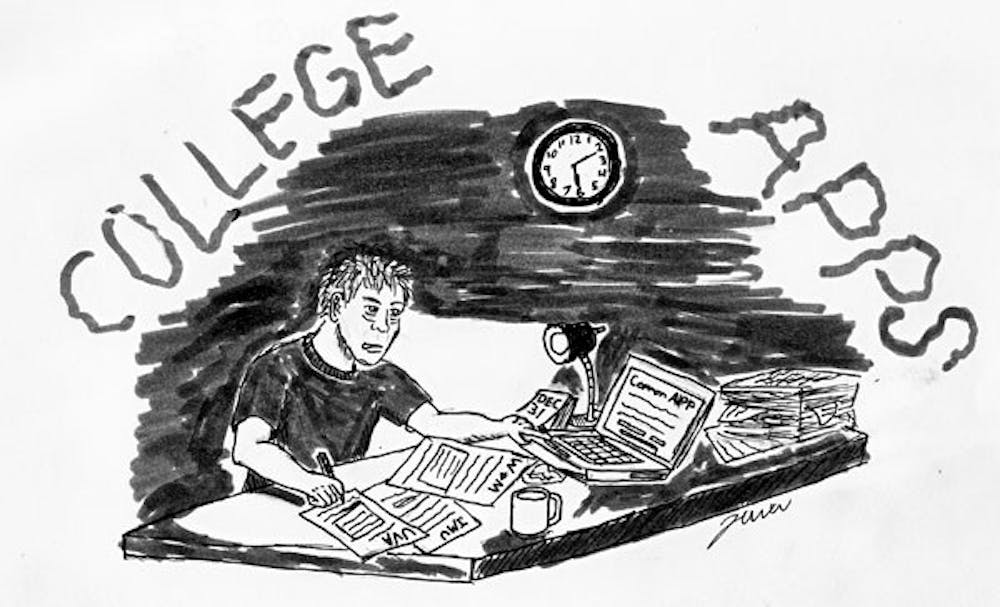During the evening of Jan. 2, a single piano appeared on a lonely sandbar in the middle of Miami's Biscayne Bay. After days of speculation and at least one false declaration of responsibility, teenager Nicholas Harrington claimed accountability for transporting the baby grand to its unlikely new home. Far from being a thoughtless teenage prank, Nicholas told the Associated Press that he hoped to use images of the project as part of his college admissions application in the future, particularly his application to the elite New York arts school, The Cooper Union.
Susan Davidson, assistant dean of admissions for Cooper Union, confirmed the details of the story but reiterated that Harrington, who is a high school junior, has not applied for admission to Cooper Union, and would not until next year. Still, Harrington's story serves as an example of the extreme lengths aspiring college students across the country will go to impress admissions officials to get into the school of their dreams.
Beyond the college essay\nThe lone piano in the middle of the bay is one rather extreme example of the supplemental submissions that are increasingly present in mainstream college admissions. Although many arts schools and colleges have required visual submissions in their applications for quite some time, the practice recently has become more widely available for college applicants.
During the last few years, high-profile universities such as Tufts and George Mason have given students the option of submitting a video essay. The Tufts Admissions YouTube channel now boasts a staggering variety of one-minute videos. Students have filmed themselves juggling, riding a unicycle, singing, sledding, solving a Rubik's cube, fencing, rapping, surfing and even levitating apples in true Harry Potter style, all in an attempt to distinguish themselves in the eyes of the admissions committee.
George Mason decided to include the video option "in response to ongoing requests from students for more personalization of the process," Dean of Admissions Andrew Flagel said.







